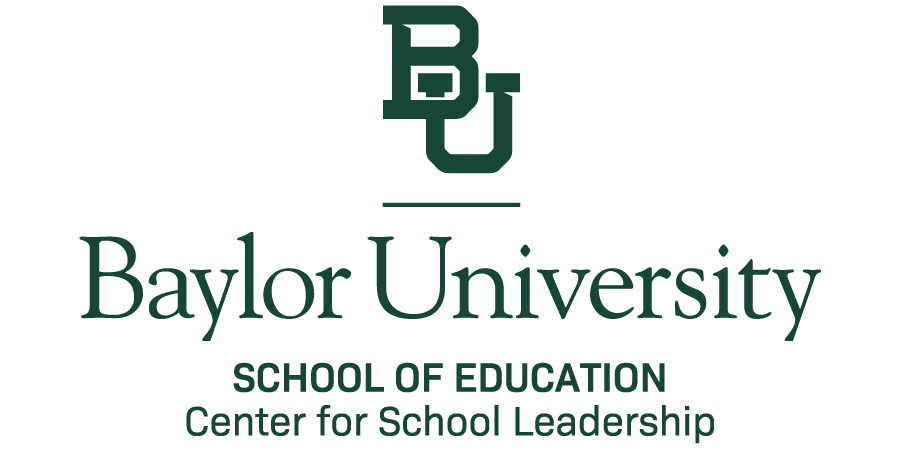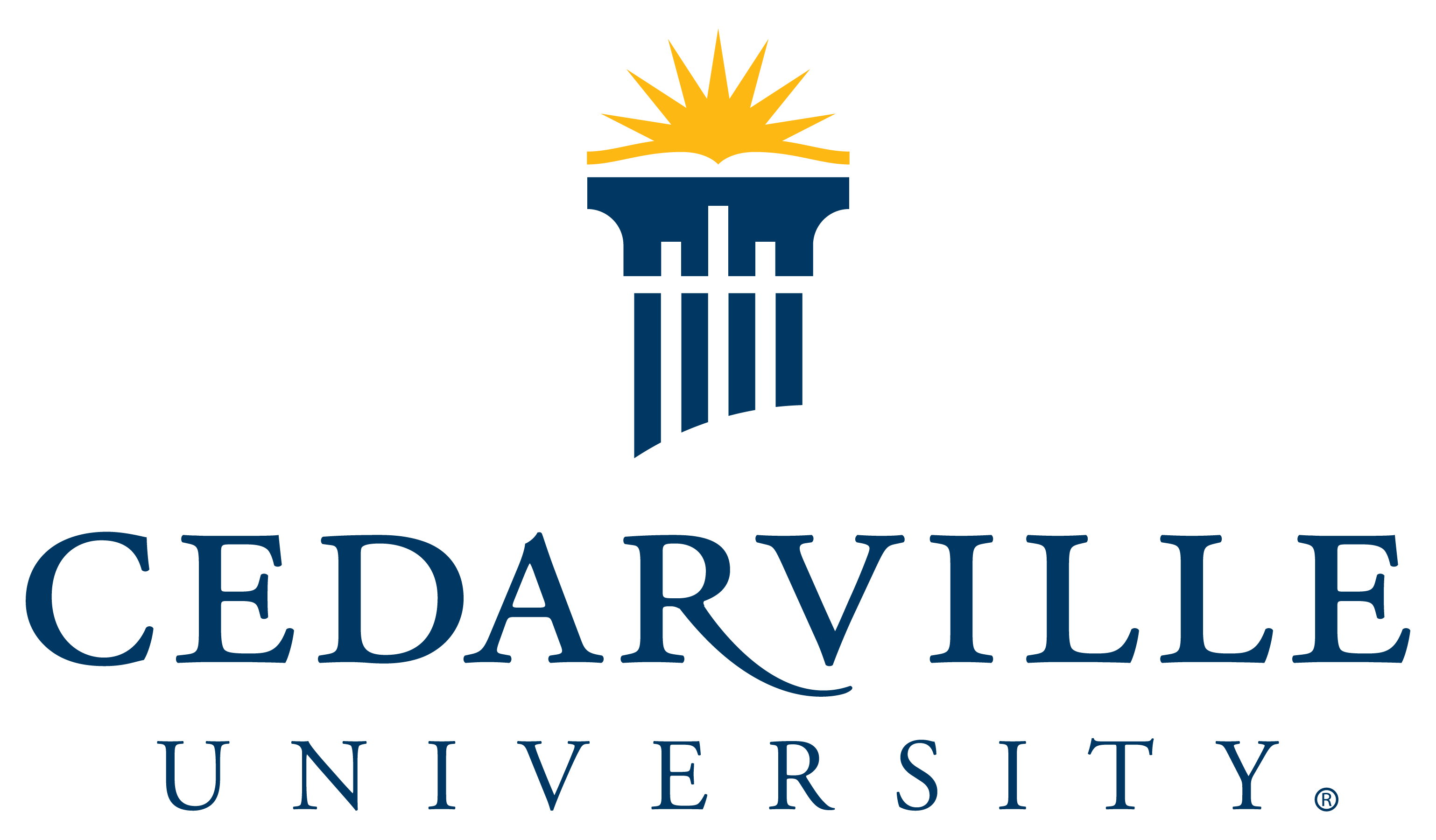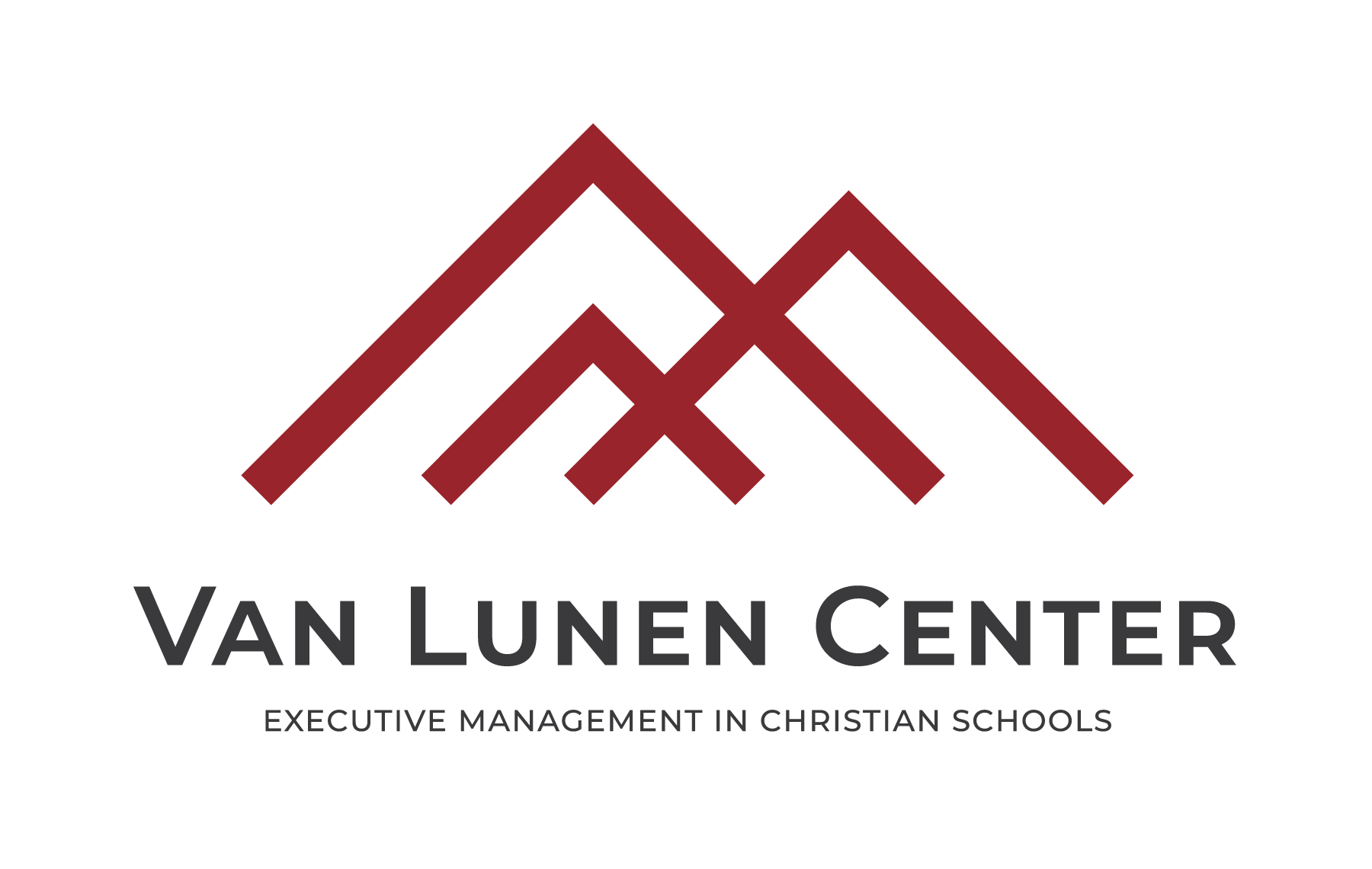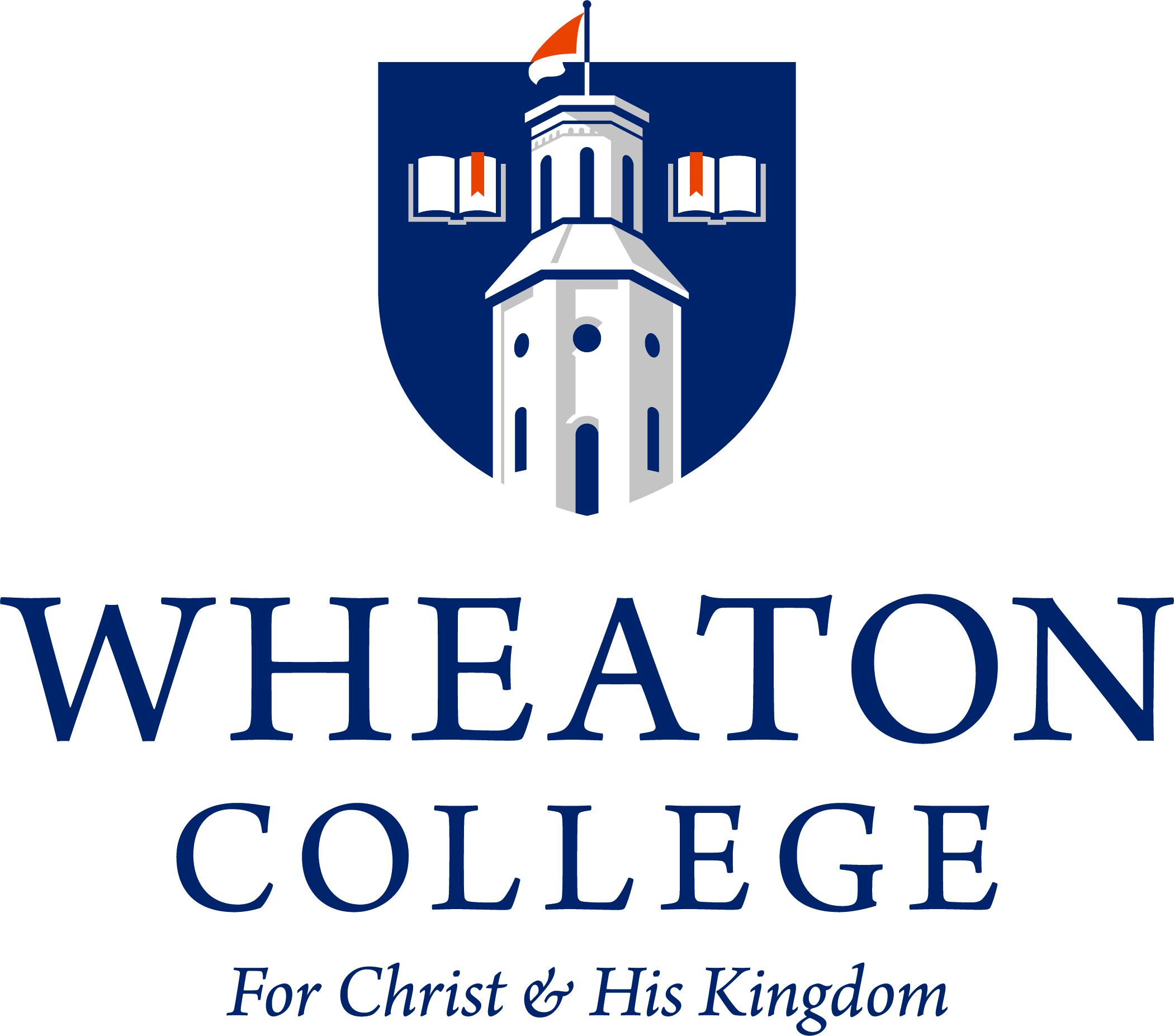Our cultural moment is defined by isolation, fragmentation, and disconnection—evidenced by disconnected relationships, disconnected families, disconnected learning, disconnected purpose, and disconnected lives at every level. There seems to be dis-integration everywhere we look, and the despair of our age is that as individuals and as communities, we feel isolated and alone. But that is not how we were created, that’s not meant to be our story, and that’s certainly not the biblical story of a creator, triune, loving and relational God who longs to redeem His image bearers and restore and make whole a broken and dislocated humanity (Colossians 1:20).
Christian schools play a key role as agents of shalom in this divine restoration project and Christian leaders can be catalysts for bringing Christ’s life-giving hope, reconciliation, connection and community to the schools they are called to lead. In February next year, Christian school leaders from around the world will come together in Orlando, Florida to reflect, network, and engage at Converge 2025. The theme for this not-to-be-missed conference is Faithfully Present, Courageously Good, and Christian Schools Australia (CSA) are honoured to partner with ten Christian organisations from around the world in hosting this event.
What does it mean for Christian school communities to be faithfully present in an age more defined by absence than presence and more concerned with individual self-expression than public good? James Davison Hunter provides a compelling vision of how Christians can respond by highlighting that God’s good intention for a disconnected creation is shalom, which he defines as “a vision of order and harmony, fruitfulness and abundance, wholeness, beauty, joy, and well-being.” Such an all-encompassing vision means that we, as Christian school leaders, should seek to be faithful representatives of Christ who serve our school communities “toward the well-being of others, not just to those within the community of faith, but to all.”
To explore the Converge 2025 theme of faithfully present, courageously good in more detail, I have provided below three stimulus reflections for Christian school leaders to consider in their particular contexts:
To be faithfully present is to be implaced in specific locales He has called us to serve.
To be human is to dwell within a particular place and Christian schools, as person forming communities, actively seek to curate, cultivate, and celebrate emplacement. This requires that we are committed to being faithfully present within our specific contexts where God has called us to serve. Because we are divinely placed, our places for work, witness, and worship should not be perceived as merely individualised enclaves, but rather as interconnected and interdependent local communities for God’s good purpose.
Christian schools are called to be faithfully present to meet not just their own ends, but the wider needs of their particular communities. It is through this biblical understanding of place that restoration and reconciliation, in all its variegated contexts, is best expressed and represented. The importance of place is further underscored by the genius loci (spirit of place) that shapes and orientates our identities and cultural forms within our school communities. One Australian Christian school principal highlighted this sense of divine placement recently when he reflected: “God has set apart this land for education at this time, in this place. In this way, God is sovereign, and this community is His instrument to serving this local place. To have an impact you need to stay—stay for a long time—I’m here living 400 metres from school Monday to Friday doing community—investing in this place and being rooted – living like a local, acting like a local, celebrating like a local.”
This localised application of being faithfully present facilitates the capacity for the stories, symbols, and structures of our Christian school cultures to reflect and showcase the locales and communities of where they are established. In this way, our Christian schools become contextualised communities of hope and restoration, valued, experienced, and loved by the neighborhoods where they are located. This is specifically why Converge 2025 seeks to gather Christian school leaders from many parts of the world to learn, network, and be inspired by expressions of each school’s genius loci. This enables us to celebrate how school leaders from diverse locations are cultivating faithful presence as they seek the good and the flourishing of the locales where they have been placed to serve (Jerimiah 29:7).
To be faithfully present is to embody and represent Christ in and for our school community.
As part of God’s restorative and redemptive plan, all of those involved within Christian schooling are afforded a unique opportunity to curate deeply embodied practices within our sovereignly implaced Christian school communities. The importance of embodying faithful presence is exemplified when the Gospel of John records that “The Word became flesh and blood and moved into the neighborhood” (John 1:14 MSG). Hunter proposes. “If, indeed, there is a hope or an imaginable prospect for human flourishing in the contemporary world, it begins when the Word of shalom becomes flesh in us and is enacted through us toward those with whom we live, in the tasks we are given, and in the spheres of influence in which we operate.”
The incarnation highlights the importance of faithful presence in a particular place, in a particular way, and for a particular time. Through the scandal of particularity—of place, location, setting, and culture, God entered our world—moved into the neighbourhood—was faithfully present, courageously good, and underscored that love is always grounded in a body and a place. To be faithfully present necessitates a posture whereby the embodiment of our beliefs and our commitments are visibly expressed. This necessitates that Christian school leaders take seriously the importance of embodied faithful presence and imitate Christ’s “pitching of a tent” or “dwelling amongst” our families, neighbourhoods and cities, but also intentionally within our classrooms and educational communities. Hunter also contends that through practiced embodiment, “absence gives way to presence, and the word we speak to each other and to the world becomes authentic and trustworthy.” In a world of fragmentation and haunting isolation, Christian school leaders can cultivate incarnational and faithfully present Christian school communities which provide trustworthy and authentic expressions of an embodied faith to counter the shrill and polarising public discourse that are the hallmarks of our highly divided cultural moment. It is our hope that Converge 2025 will seek to stimulate rich and meaningful conversations about embodiment and incarnational postures within Christian school communities and how we can practically cultivate and promote authentic Christian school communities in a disconnected culture.
To be faithfully present is to lead with purpose, courage, sincerity, and humility.
Christian school communities who desire to be faithfully present and live out the biblical story within their school communities need to also stand with courage and conviction regarding a different vision of education than the cultural zeitgeist of disconnection that is currently promulgated. Hunter proposes that leaders seeking to cultivate faithful presence within their vocational contexts need to recognise that it requires a “theology of engagement in and with the world around us. It is a theology of commitment, a theology of promise.”
Such a theology of commitment and promise should inspire Christian school principals and administrators to lead with integrity of heart, humility of spirit, and a courageous conviction to the call God has given them and the school community He has entrusted into their care.
Furthermore, the educational square is crowded with competing educational purposes and conflicting educational ends. This is why it is so imperative for Christian schools to continually reflect on the question: What is education for? We often emphasise the why, the how, and the what within our educational conversations, but Converge 2025 will enable leaders to reorientate and realign our focus to courageously consider again the where? To what vision of human flourishing and types of public good outcomes are our graduates and our programs being directed? Competing visions of the good life abound in every school community, and this is why our educational stories must be constantly and courageously realigned to purposes that more clearly reflect a biblical understanding of true flourishing and what it means to be human.
Converge 2025 in Orlando has been specifically designed to equip, inspire, and empower you as a courageous Christian school leader to lead with discernment, sincerity, and humility as you seek to cultivate schools that practice an embodied and Christ-like faithful presence with clear purpose and direction in a volatile and uncertain age. On behalf of CSA and the ten other host organisations, we look forward to connecting, networking, and learning from leaders like you who are committed to being faithfully present and to leading courageously for the Christ and the common good in the Christian schools you are leading across the world.
References
James Davison Hunter, To Change the World: The Irony, Tragedy, and Possibility of Christianity in the Late Modern World (Oxford University Press, 2010), 68–69, 243, 252.















































